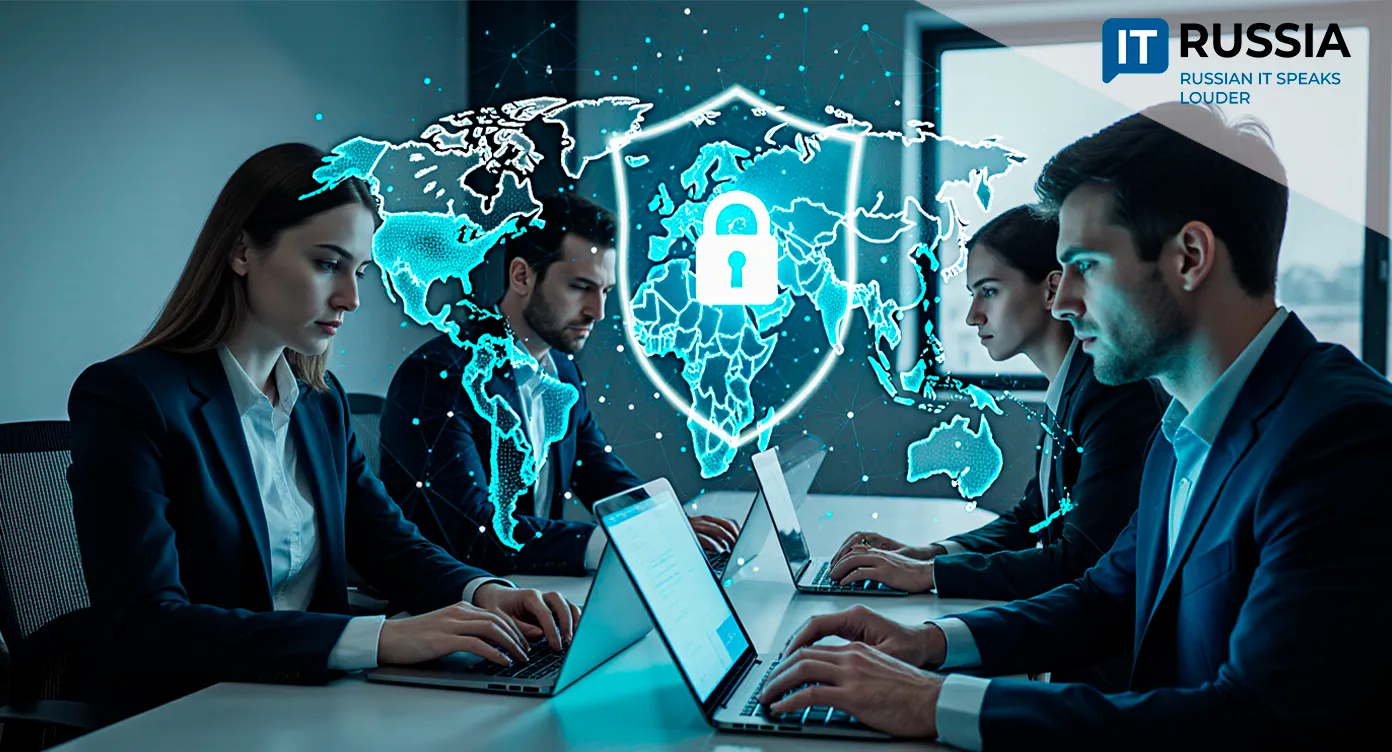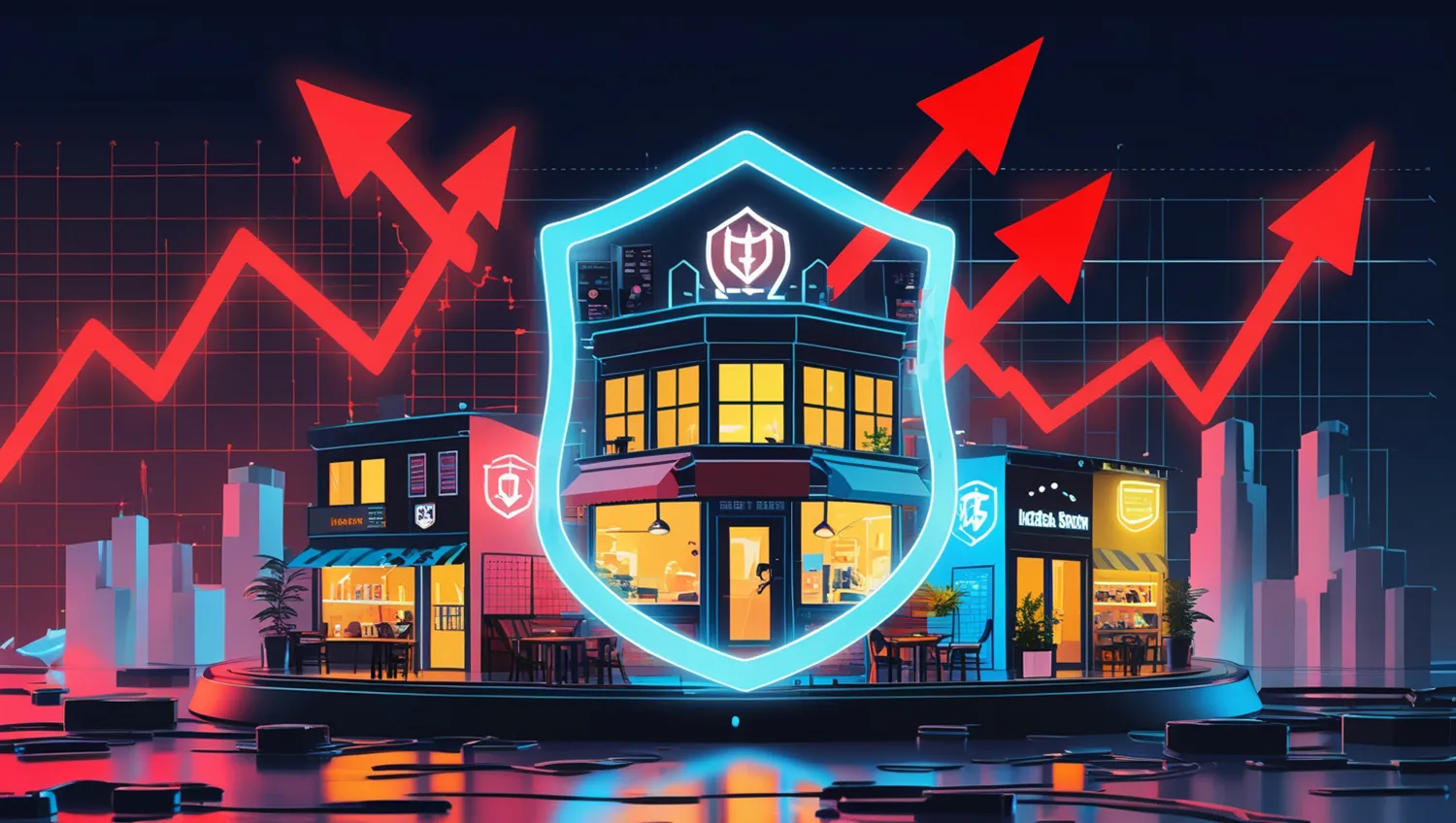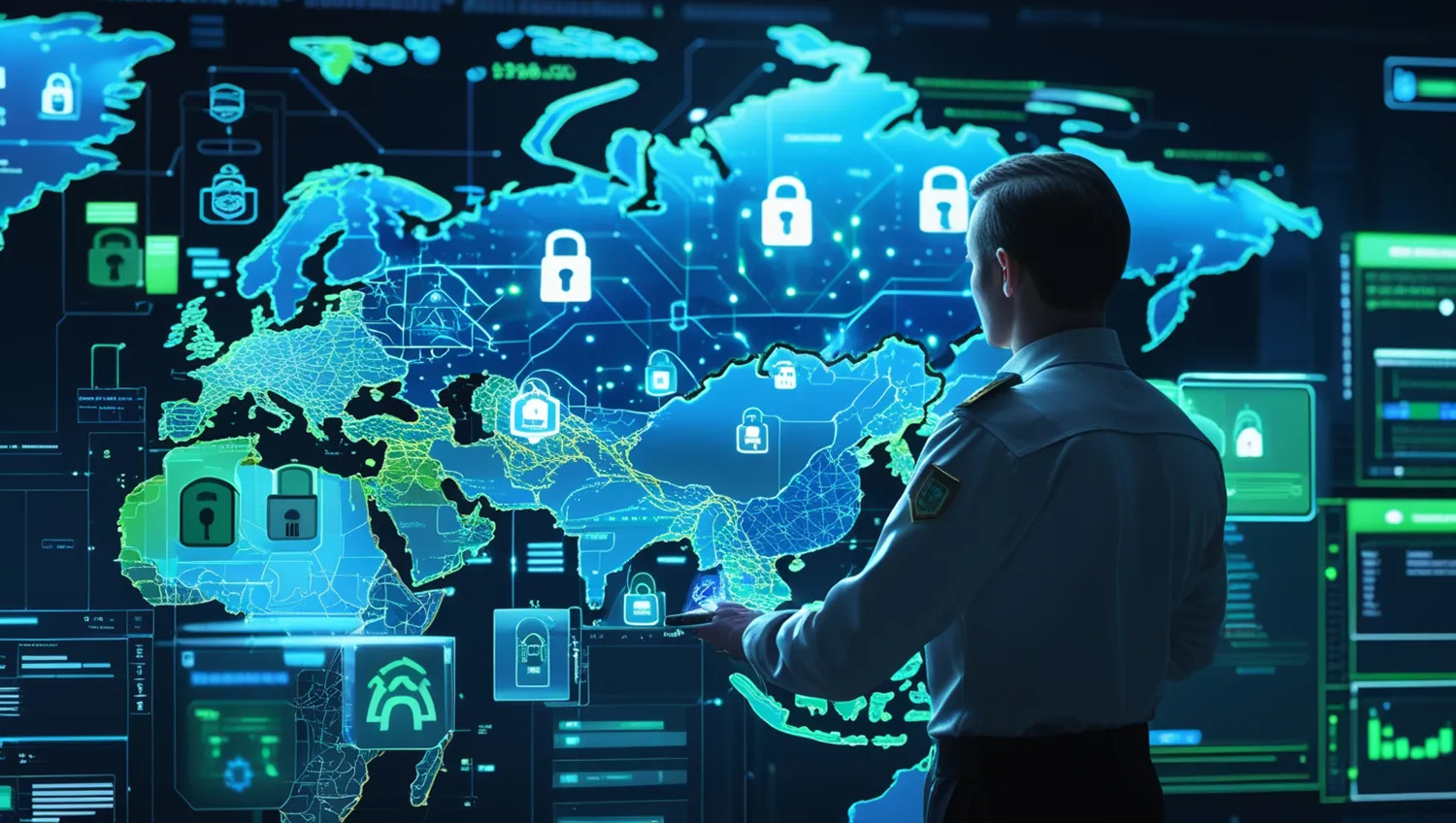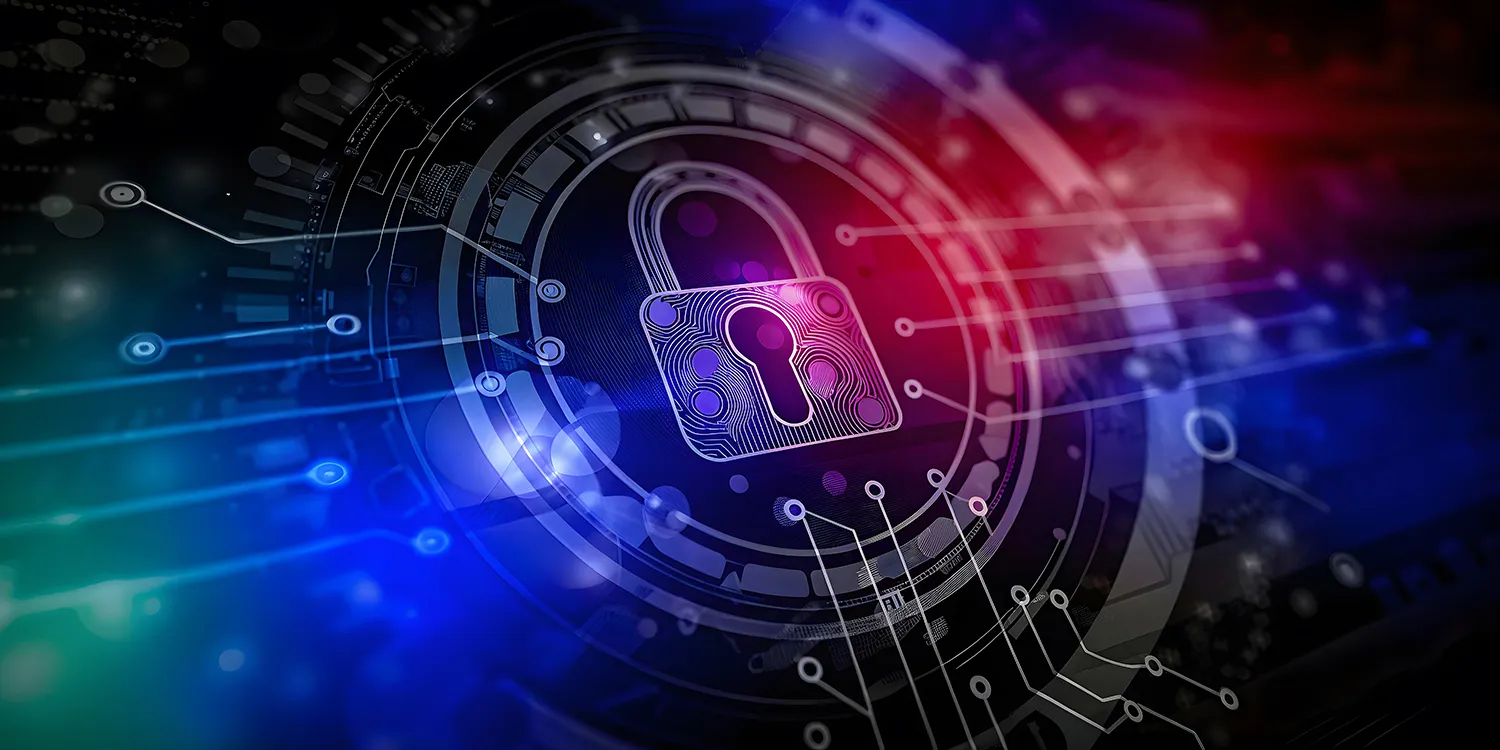Preventive Defense: Cybersecurity Becomes a Business Necessity
As digital transformation accelerates some by-effects occur. Cyber risks are mounting and small and mid-sized businesses are becoming prime targets. At pace with global trends cybersecurity is shifting from a nice-to-have to a core business requirement in Russia,.

Rising Threats, Rising Demand
In 2024, 82% of Russian SMBs faced cyber incidents ranging from phishing and DDoS attacks to malware infections and spam requests, according to Solar, a cybersecurity subsidiary of Rostelecom.
Online retailers and IT startups, auto repair shops, pharmacies, gyms, and restaurants are all relying on digital platforms for accounting, payments, and customer engagement. Each digital node becomes a potential breach point.
Companies with limited IT resources and no in-house security teams are particularly vulnerable. Data leaks and system lockouts result in direct financial losses and reputational damage. Under these conditions, demand for cybersecurity services has become mainstream.

Security-as-a-Service Gains Traction
Today, the SMB cybersecurity services market in Russia is valued at 15 billion rubles (about $165 million). Analysts predict it could more than double in five years, reaching 37 billion rubles (about $407 million).
Willingness to invest in cybersecurity infrastructure depends largely on company size. Surveys show that 48% of SMBs with annual revenue under 15 million rubles (around $165,000) are unwilling to pay for tailored IT solutions. Instead, they prefer the Security-as-a-Service model, which offers universal, cloud-based protection on a subscription basis.
By contrast, companies earning over 100 million rubles (about $1.1 million) annually show greater demand for adaptive, customized systems. One-third of them are ready to allocate budgets for advanced solutions that integrate analytics, automated incident response, and corporate system compatibility.
Industry Expansion
Growing demand is driving the development of platform-based solutions — unified ecosystems with antivirus protection, email security, DDoS filtering, and threat monitoring. This, in turn, fuels the rise of system integrators and consulting firms offering training, auditing, and ongoing security support.

The market is also seeing more domestic IT solutions that leverage AI for anomaly detection and real-time attack prevention. Russian cybersecurity technologies are attracting attention in the CIS and Southeast Asia, regions expected to undergo rapid digital transformation in the medium term — and with it, rising cyber risks.
Last year, Solar became a technology partner for an international cyber championship in Thailand, where teams of specialists tested Russian defensive tools. The experiment proved successful. “We are planning a series of similar championships in Vietnam, Malaysia, and other Southeast Asian countries in 2025,” Solar’s commercial director Nikolay Sivak told forbes.ru.
Export-Ready Technologies
Such cases strengthen Russia’s position in the global cybersecurity market and build sustainable demand for domestic solutions. These include Russian networking technologies and antivirus products, SIEM platforms (security information and event management), and DLP systems (data loss prevention) that monitor data flows and prevent leaks.

Cybersecurity is a critical challenge not only for businesses but also for government systems worldwide. Russia is moving forward confidently, strengthening its digital economy while exporting security technologies to partner nations.










































